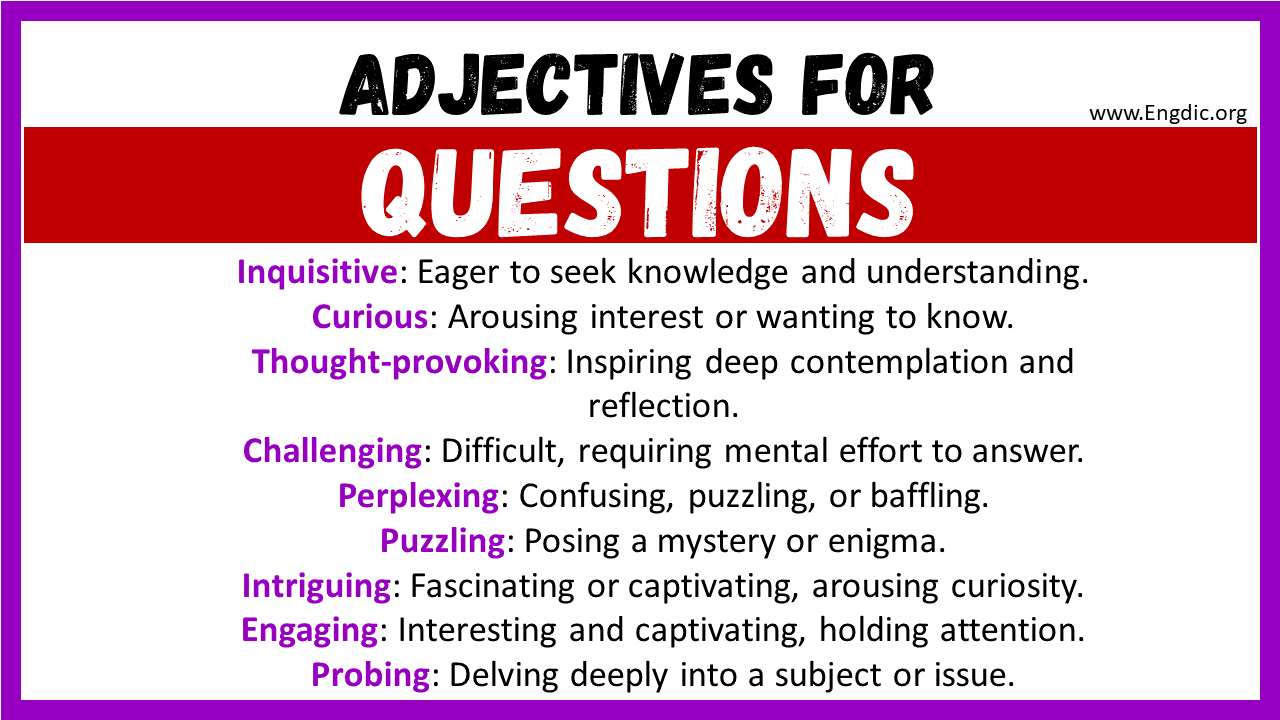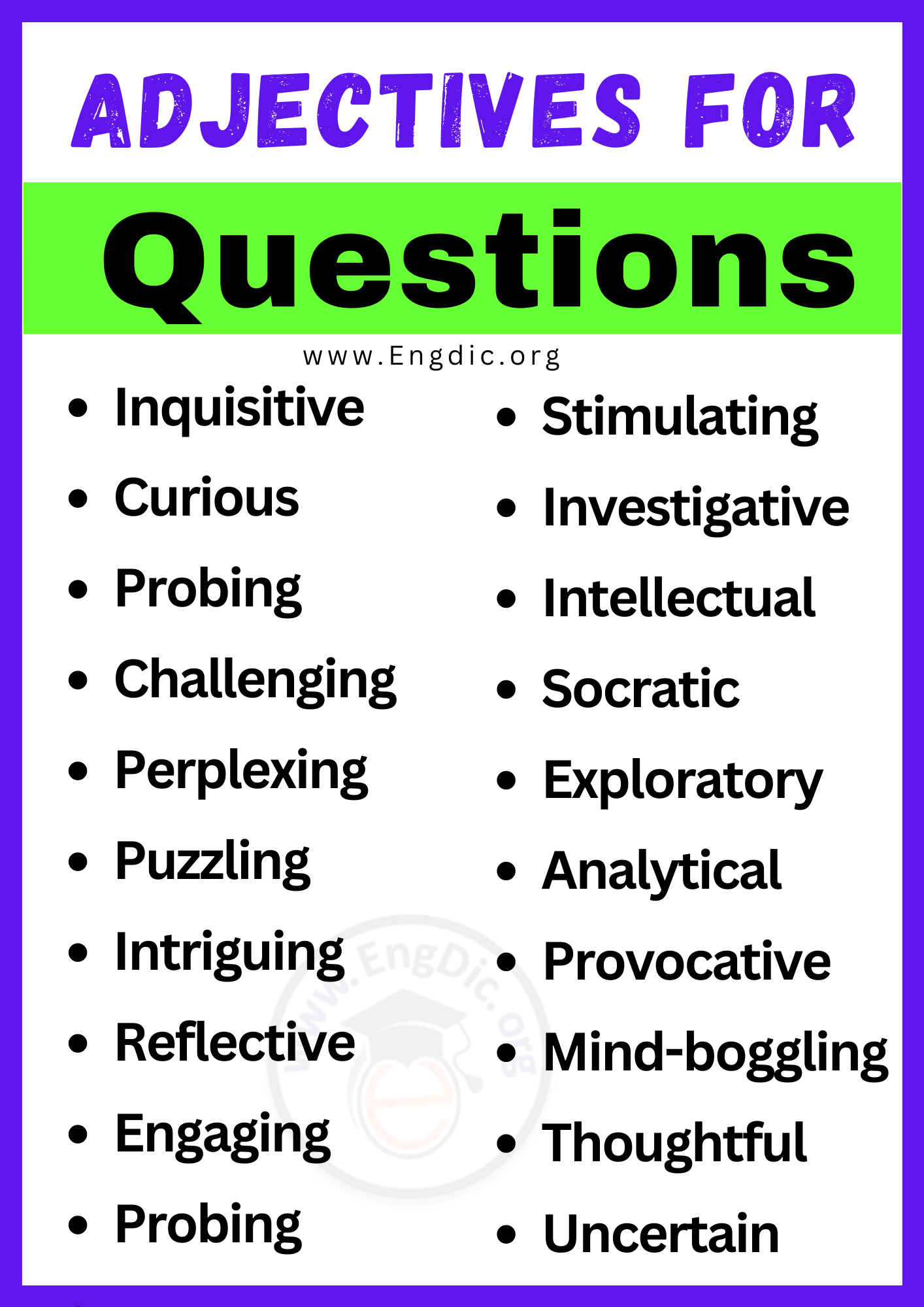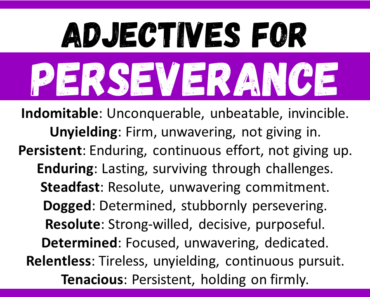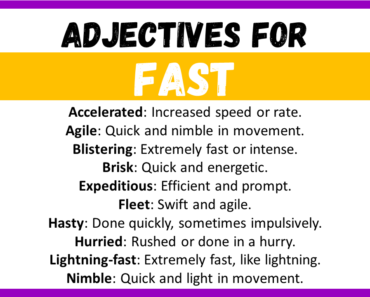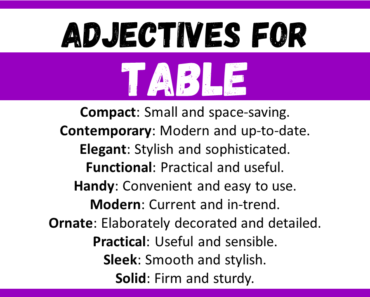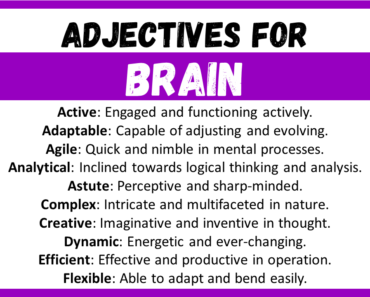Questions are the driving force behind curiosity and knowledge-seeking. They spark our desire to explore, understand, and connect with the world around us. But have you ever wondered about the words we use to describe questions? From simple inquiries to thought-provoking puzzles, questions can be categorized into various types based on their purpose and structure. In this blog post, we’ll delve into the different words we use to describe questions and explore how they shape our quest for knowledge.
Adjectives for Questions
Here are the 20 Most Popular adjectives for questions:
- Inquisitive
- Curious
- Thought-provoking
- Challenging
- Perplexing
- Puzzling
- Intriguing
- Reflective
- Engaging
- Probing
- Stimulating
- Investigative
- Intellectual
- Socratic
- Exploratory
- Analytical
- Provocative
- Mind-boggling
- Thoughtful
- Uncertain
Adjectives for good questions:
- Thought-provoking
- Insightful
- Relevant
- Engaging
- Thoughtful
- Informative
- Stimulating
- Challenging
- Open-ended
- Meaningful
Adjectives for asking questions:
- Inquisitive
- Curious
- Probing
- Interrogative
- Questioning
- Exploratory
- Seeking
- Sincere
- Bold
- Reflective
Words to Describe A Questions With Meanings
- Inquisitive: Eager to seek knowledge and understanding.
- Curious: Arousing interest or wanting to know.
- Thought-provoking: Inspiring deep contemplation and reflection.
- Challenging: Difficult, requiring mental effort to answer.
- Perplexing: Confusing, puzzling, or baffling.
- Puzzling: Posing a mystery or enigma.
- Intriguing: Fascinating or captivating, arousing curiosity.
- Reflective: Prompting introspection or thoughtful consideration.
- Engaging: Interesting and captivating, holding attention.
- Probing: Delving deeply into a subject or issue.
- Stimulating: Provoking excitement, interest, or enthusiasm.
- Investigative: Seeking information or uncovering facts.
- Intellectual: Pertaining to the intellect, requiring mental effort.
- Socratic: Related to Socrates’ method of questioning.
- Exploratory: Aimed at discovering or investigating something.
- Analytical: Relating to detailed examination and interpretation.
- Provocative: Evoking strong reactions or challenging assumptions.
- Mind-boggling: Extremely bewildering or astonishing.
- Thoughtful: Showing consideration or careful thinking.
- Uncertain: Marked by doubt or ambiguity.
Example Sentences for Questions Adjectives
- The inquisitive child asked countless questions about the universe.
- I’m curious to know what inspired your creative project.
- The speaker’s thought-provoking question left the audience pondering.
- The math problem was challenging, requiring advanced problem-solving skills.
- The professor’s explanation only made the concept more perplexing.
- The riddle proved to be puzzling even for the brightest minds.
- The book’s intriguing premise kept me engrossed until the end.
- His reflective query made us question our own beliefs.
- The engaging documentary prompted lively discussions among the viewers.
- The interviewer’s probing questions revealed surprising insights about the candidate.
- The stimulating lecture inspired a thirst for knowledge.
- The detective’s investigative questioning led to a breakthrough in the case.
- The professor’s intellectual discourse left us with profound insights.
- The Socratic dialogue challenged students to think critically.
- The team embarked on an exploratory journey to uncover new discoveries.
- Her analytical approach helped her solve complex problems efficiently.
- The artist’s work was meant to be provocative and controversial.
- The magician’s tricks were truly mind-boggling and left the audience in awe.
- His thoughtful question sparked a deep conversation among friends.
- The outcome of the experiment remained uncertain until further analysis.
Related Posts:
FAQ’s
How to describe questions in writing?
Questions in writing can be described as thought-provoking inquiries that engage readers, spark curiosity, and encourage deep reflection.
Which word is used to ask a question?
The word “what” is commonly used to ask a question and seek specific information or details.
What is called asking a question?
Asking a question is referred to as an inquiry, where one seeks information, clarification, or understanding on a particular topic or matter.
